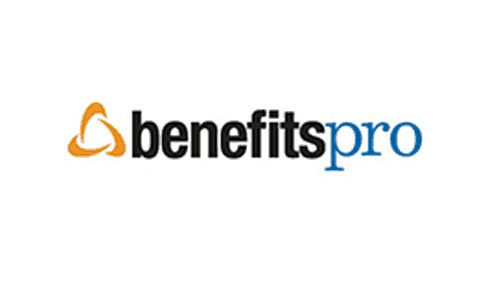
Moving toward self insurance gives employers greater control, and many are taking the plunge to handle their benefits offering themselves. But catastrophic claims from an unexpected injury or a chronic condition are also on the rise, and stop-loss insurance carriers are taking notice.
These types of claims can rack up hundreds of thousands of dollars in bills, a potentially debilitating number for employers. At the same time, the rising price of healthcare and prescription drugs has led stop-loss carriers to become more discerning when renewal season rolls around.
What has changed?
Stop-loss insurance is a pooled product whose premiums can be calculated based on the carrier’s book of business, group’s experience or a combination of both, depending on size. Stop-loss insurance provides coverage on both an individual and a group basis. Individual coverage protects from catastrophic or high claimants, while group coverage is aggregated to prevent spending over a specified limit.
As large claims become more prevalent, thanks in part to rising drug and healthcare costs, stop-loss carriers have tightened the reins on coverage. That has led to an increase in individual employee “lasers.”
These changes make it extremely important for you and your broker to keep a close eye on how your plan is performing throughout the year so there aren’t any surprises at renewal.
Here’s how stop-loss changes are impacting self-insured employers and what they should do to smooth the waters.
Review your records; more data is necessary.
Stop-loss carriers are looking closer at each case and requesting more information than ever before. They have always preferred at least three years of large claim history and demographic data, but now request more in-depth data on individual claimants. This can be tough to get from the carrier, or could result in more lasers if there are ongoing, large claimants.
If you aren’t prepared to supply this information, digging it up can add weeks onto the process.
Prepare early for lengthy review periods.
With this added information in the mix, potential carriers are taking longer to review data and respond to RFPs. In fact, employers that don’t take these delays into account may be cutting the renewal too close to their open enrollment deadlines.
Stop-loss insurance carriers are moving at their own pace. At Corporate Synergies, we ask the market to provide stop-loss proposals 90 to 120 days prior to the renewal date, and we recommend that other consultants take the same approach.
Thinking about self funding? Plan ahead.
Changing how your health and welfare plan is funded is never an easy decision, but if you are considering moving away from a fully insured model, start planning early. It’s best to test the waters and “coach” the market about six months in advance of your preferred start date. The idea is to warn medical and pharmacy drug carriers that an RFP is coming, and begin getting them acquainted with your workforce data.
This process of getting acquainted is more difficult because of the gap in reporting when an employer is fully insured. With this in mind, preparation is key. At your pre-renewal meeting, be sure to discuss your goals and expectations with your benefits consultant and your account management team.
Even with these considerations, more employers are moving to self insurance than ever before. Regardless of where you are in the renewal cycle, it’s never too early to take a close look at your benefits program to see where savings and improvements can be found.





